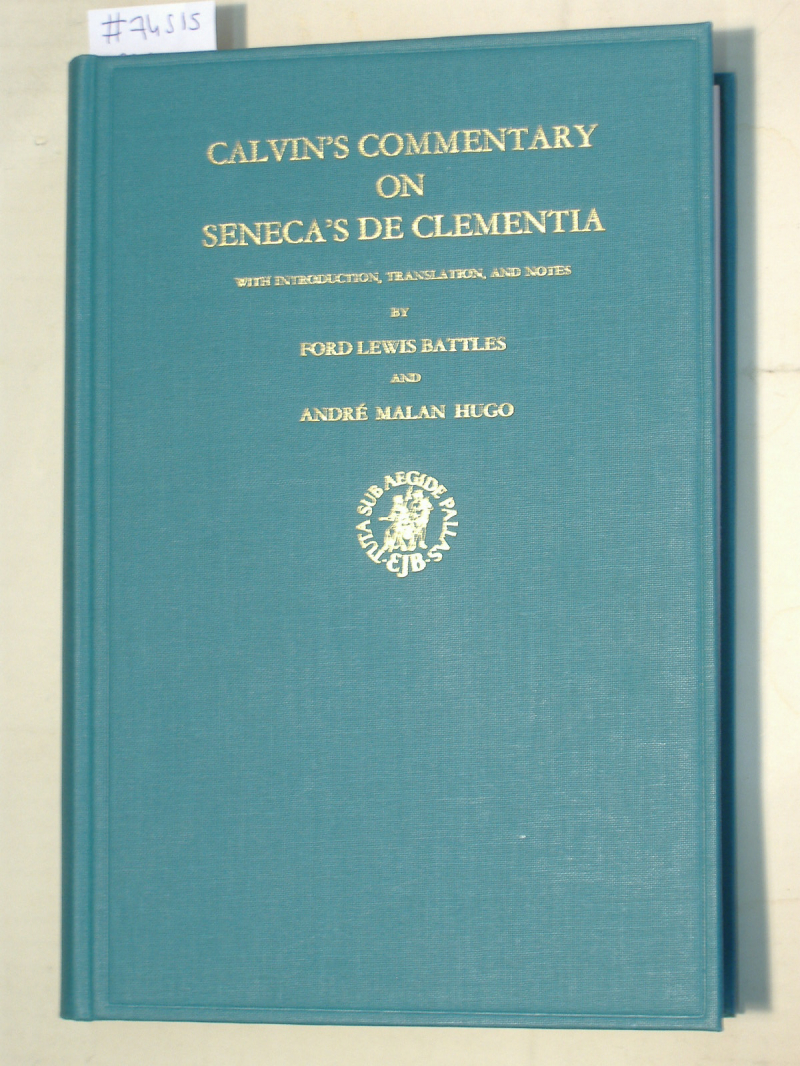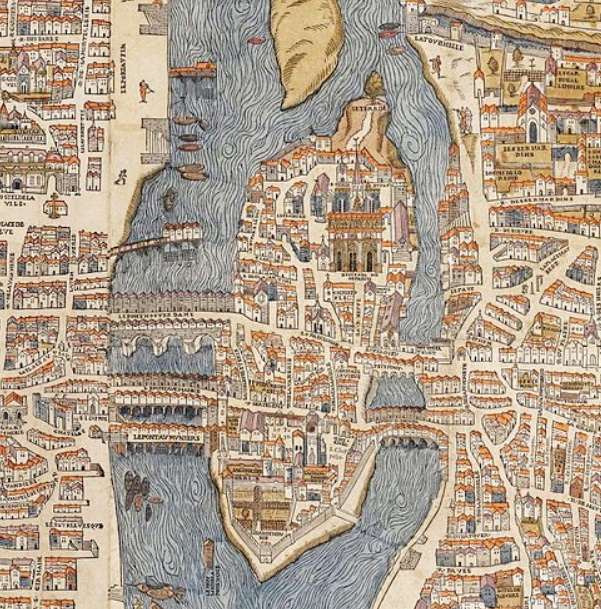Calvin was charged with the crime and had to go into hiding for a year
One of the interesting facts about John Calvin is that he was charged with the crime and had to go into hiding for a year. Calvin had acquired his licentiate in law by 1532 and had published his first book, a commentary on Seneca's De Clementia. Calvin returned to Paris in October 1533 after brief visits to Orléans and his homeland of Noyon. During this period, tensions between humanists/reformers and conservative senior faculty members increased at the Collège Royal (later to become the Collège de France). Nicolas Cop, one of the reformers, was the university's rector. On November 1, 1533, he delivered his inaugural address, which was devoted to the need for reform and renewal in the Roman Catholic Church. The faculty reacted angrily to Cop's speech, branding it heretical, and forced him to escape to Basel.
Calvin, Cop's close friend, was charged with the crime and had to go into hiding for a year. He remained on the move, taking refuge with his friend Louis du Tillet in Angoulême and in Noyon and Orléans. During the Placards Affair in mid-October 1534, he was finally forced to quit France. In that episode, unknown reformers distributed banners in numerous towns denouncing the Roman Catholic mass, to which Roman Catholic adherents retaliated with violence against the would-be Reformers and their sympathizers. Calvin joined Cop in Basel in January 1535, a city influenced by the late reformer Johannes Oecolampadius.







